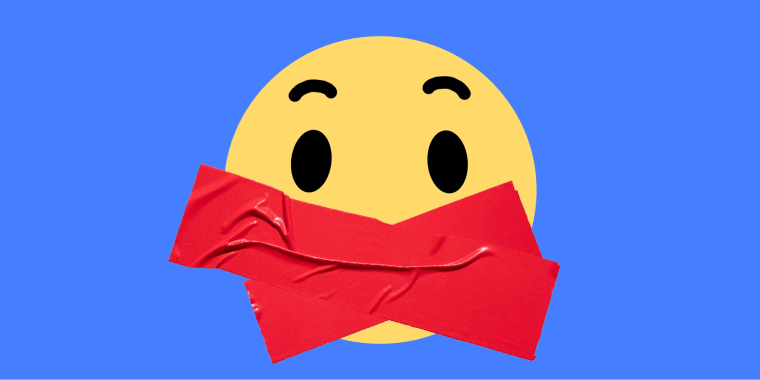If Texas Republicans were as vigorous about protecting school kids from gunfire as they have been about protecting internet trolls from social media bans, the 21 people massacred in a Uvalde, Texas, last week might still be alive.
On Tuesday, the Supreme Court temporarily blocked a Texas law that prohibits social media companies from banning users based on their political “viewpoints.”
The decision came through the Supreme Court’s “shadow docket,” the mysterious method of issuing "emergency” rulings that the court’s conservative justices have frequently used to restrict civil rights. That includes a shadow docket ruling letting a restrictive Texas abortion law stand.
But the social media law was apparently too stupidly written for even this court to defend.
The law, House Bill 20, required social platforms to allow users to appeal the removal of certain accounts and content. Companies could then face punishment, including daily fines, if they were found to have banned someone based on their political views. The law followed then-President Donald Trump’s ban last year from Facebook and Twitter, and limited efforts by sites like Facebook and Twitter to curb harmful speech. Republicans across the country responded with tantrums and threats over tech companies’ purported biases against conservative people.
When Republican Gov. Greg Abbott signed H.B. 20 last September, experts immediately warned that it likely violated the First Amendment. Republicans like Abbott claimed the bill was about “free speech,” but under that guise, it effectively forced private social media companies to keep some people on their platforms despite running afoul of rules around abuse and false information.
To give you a sense of the type of content Texas Republicans wanted to allow online, GOP lawmakers defeated Democratic amendments that would have allowed companies to take down content promoting domestic or international terrorism, Holocaust denial and vaccine misinformation.
That gave the game away. Domestic terrorism, Holocaust denial, and vaccine misinformation are not uncommon in some conservative circles. Unfortunately for right-wing netizens, that doesn’t make these views any more tolerable; they’re dangerous and justifiably targeted for moderation by social platforms.
But, once more, it’s quite incredible to see the GOP’s priorities at work. After a shooter gunned down 19 children and two teachers in Uvalde, Republicans essentially deflected from the issue of gun violence and downplayed the need for new gun laws. Their inaction will enable the next mass shooting in Texas.
Yet, many of the same lawmakers who are dragging their feet on gun safety measures mobilized quickly to “rescue” conspiracy theorists and extremist hatemongers from their rightful banishment on social media platforms. For shame.
Related:

